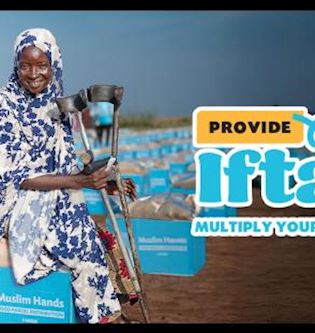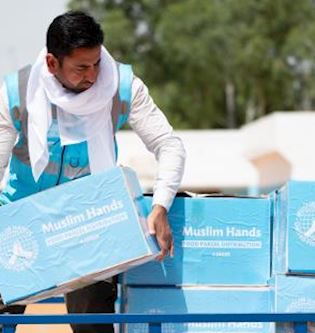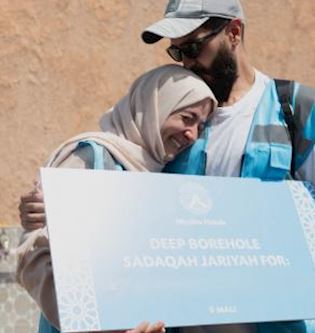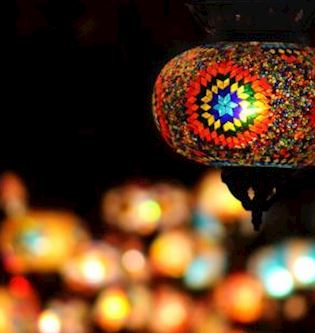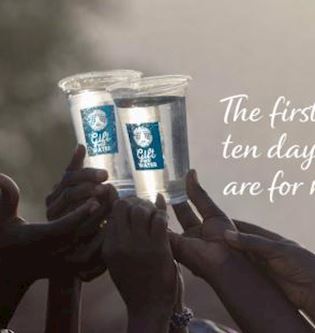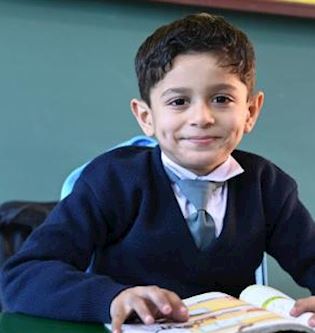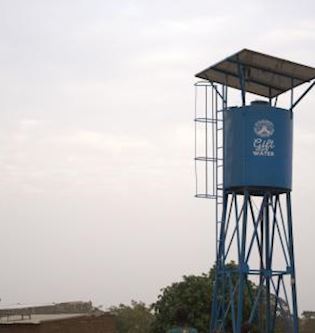Mental Health Awareness Month: Breaking the Silence in Muslim Communities
Every Mental Health Awareness month, we’re reminded of a hard truth: millions of people are silently struggling, and many are afraid to ask for help. Mental Health Awareness Month gives us the chance to change that.
For Muslims, opening about emotional pain can feel especially hard. You might be told to just “have more faith,” “pray it away,” or worse, keep it to yourself. But here's the truth:
Struggling doesn’t mean your faith is weak. And healing doesn’t mean you’ve failed.
Islam encourages us to care for both the body and the soul. Mental health matters, and this month, we’re saying it out loud.
What Is Mental Health Awareness Month?
Mental Health Awareness Month was created to spark conversations, fight stigma, and connect people with the resources they need. It’s more than a calendar event. It’s a reminder that no one should have to suffer alone.
In Muslim communities, however, that’s easier said than done. Cultural expectations, shame, and fear often keep us quiet. But silence only makes the pain grow.
🔗 Learn more about this national movement from trusted sources:
What Does Islam Say About Mental Health?
Our faith does not ignore suffering. It acknowledges it with compassion. The Prophet Muhammad ﷺ endured deep sadness, loss, and fear. He turned to Allah (SWT) not to escape his pain, but to find peace within it.
“Verily, in the remembrance of Allah do hearts find rest.”
(Surah Ar-Ra’d 13:28)
Islam doesn’t shame those who feel overwhelmed. In fact, it teaches us to seek help both spiritually and practically.
“Make use of medical treatment, for Allah has not made a disease without appointing a remedy.”
(Sunan Abi Dawud 3855 )
Healing your mind is not a lack of taqwa. It’s an act of it.
Facing the Stigma: The Reality in Our Communities
Mental illness is still misunderstood in many Muslim households. Some believe it’s a spiritual weakness. Others fear community gossip. These beliefs stop people from seeking help until it's too late.
Here’s what we need to say louder:
- Anxiety isn’t a sign of bad imaan.
- Depression isn’t cured by guilt.
- Therapy doesn’t mean you’ve given up on prayer.
As Muslims, we can hold onto faith and ask for help. These two things are not in conflict. They’re part of the same journey.
Where Can Muslims Get Mental Health Support?
If you’re reading this and struggling, please know that you are not alone. Support is available, and it works.
Here are some trusted helplines and resources made for Muslims or with inclusive care:
- Maristan: Mental health care rooted in Islamic psychology
- Naseeha Mental Health: A 7-day-a-week helpline for Muslims
- 988 Suicide & Crisis Lifeline: Dial 988 any time, 24/7
If someone you love needs help, share these links. A single conversation could save a life.
How Faith, Charity, and Mental Health Intersect
At Muslim Hands USA, we serve people who live with trauma every day including orphans, widows, and refugees. When you’ve lost your home or your family, emotional pain doesn’t go away with food alone.
But your donations do more than fill plates. They restore dignity. They give hope. They remind someone that the world hasn’t forgotten them.
Charity, sadaqah, and even a kind word can be medicine for the heart. So can trusting Allah’s plan, tawakkul, especially when life feels heavy.
Read more about building that trust: Tawakkul: Strengthening Your Faith
What Can You Do This Month?
Here are five simple ways to honor Mental Health Awareness Month in your life:
- Check on a friend. Ask how they’re really doing.
- Share a helpline. You never know who needs it.
- Talk about mental health in your family. Start the conversation.
- Donate to support mental health and trauma recovery through charity.
- Remind others that Islam honors healing. Allah is near to the brokenhearted.
You’re Not Alone. You Never Were.
Mental illness doesn’t make you weak. It makes you human.
And you don’t have to go through it alone.
Mental Health Awareness Month is a call to act with empathy, faith, and courage. Let’s uplift each other. Let’s make healing normal.
🤲🏽 If you need help, reach out. If you want to help, share this blog or give what you can.
Together, we can create a community that listens and heals.
🔗 Support mental health through Muslim Hands USA







